The U.S. Food and Drug Administration (FDA) has embarked on a significant initiative to gain a deeper understanding of mercury levels in various seafood products available to American consumers. This move is part of a concerted effort to update and refine the federal guidelines on seafood consumption, particularly for sensitive groups like pregnant women and children.
The FDA has announced plans for a comprehensive survey, aiming to test approximately 600 seafood products for mercury and methyl mercury content. This survey, managed by the Center for Food Safety and Applied Nutrition, will include a range of popular seafood items such as shrimp, salmon, canned tuna, tilapia, Alaska pollock, and more. Samples will be sourced from diverse platforms, including online retailers and national supermarkets, to ensure a broad representation of available seafood.
While the survey's findings are not intended for immediate regulatory action, they are crucial for the FDA's decision-making process regarding food safety issues and policy development. This renewed focus on mercury levels in seafood follows the FDA's previous monitoring program, which tracked mercury concentrations from 1990 to 2010.
The context of this survey is particularly relevant given the government's ongoing efforts to revise dietary recommendations for seafood intake among pregnant women and children. Dr. Mark Hyman, a leading authority on health and nutrition, emphasizes the importance of this study, stating, "Understanding mercury levels in seafood is crucial. Mercury can have serious health implications, especially for the developing nervous systems of babies and young children."
In light of these concerns, Seatopia is proactively addressing the issue of mercury in seafood. Co-founder James Arthur Smith highlights the company's dedication to offering safe and healthy seafood options. "At Seatopia, we understand the gravity of mercury contamination. That's why every product we offer undergoes rigorous lab testing to ensure mercury levels are below 0.1 PPM. Our commitment is to provide not only the finest but also the safest seafood to our consumers," says Smith.
The FDA's new survey forms part of the broader Closer to Zero Action Plan, aimed at minimizing exposure to harmful elements like mercury, arsenic, lead, and cadmium in young children. The plan highlights the dual nature of seafood as a beneficial source of nutrients essential for child development and a potential carrier of mercury.
As the FDA advances its research and updates its guidelines, Seatopia remains steadfast in its mission. The company's dedication to stringent testing protocols and sustainable aquaculture practices ensures that every bite of seafood you enjoy is not just delicious, but also aligns with the highest standards of health and environmental responsibility.
At Seatopia, the journey from farm to table is transparent and conscientious, echoing a deep-rooted commitment to the well-being of both the planet and its inhabitants. Join us in this journey of mindful consumption, where every choice you make contributes to a healthier, more sustainable world.

- by James Arthur Smith
Navigating Mercury in Seafood: FDA's New Survey and Seatopia's Commitment to Safe, Healthy Seafood
- by James Arthur Smith


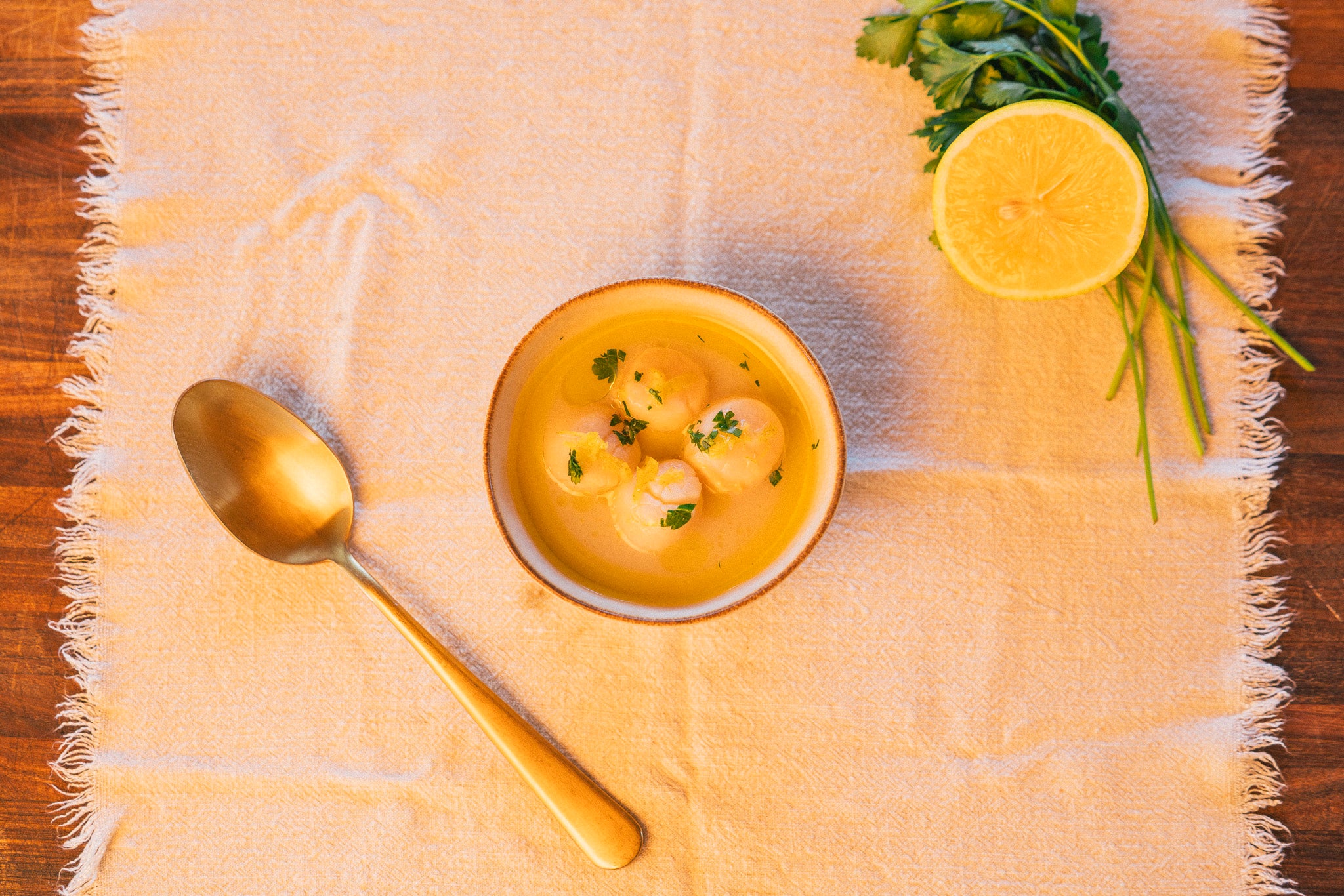
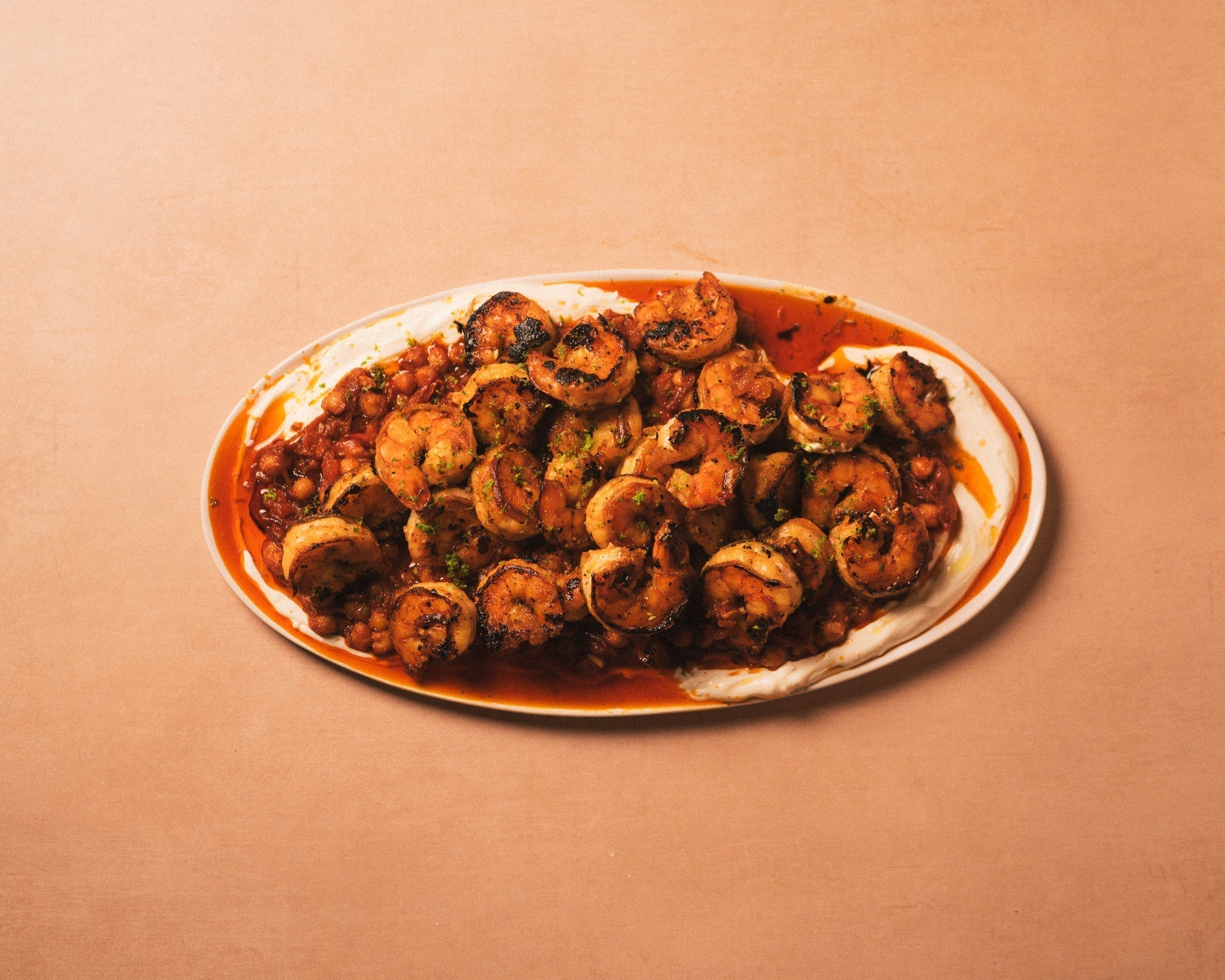
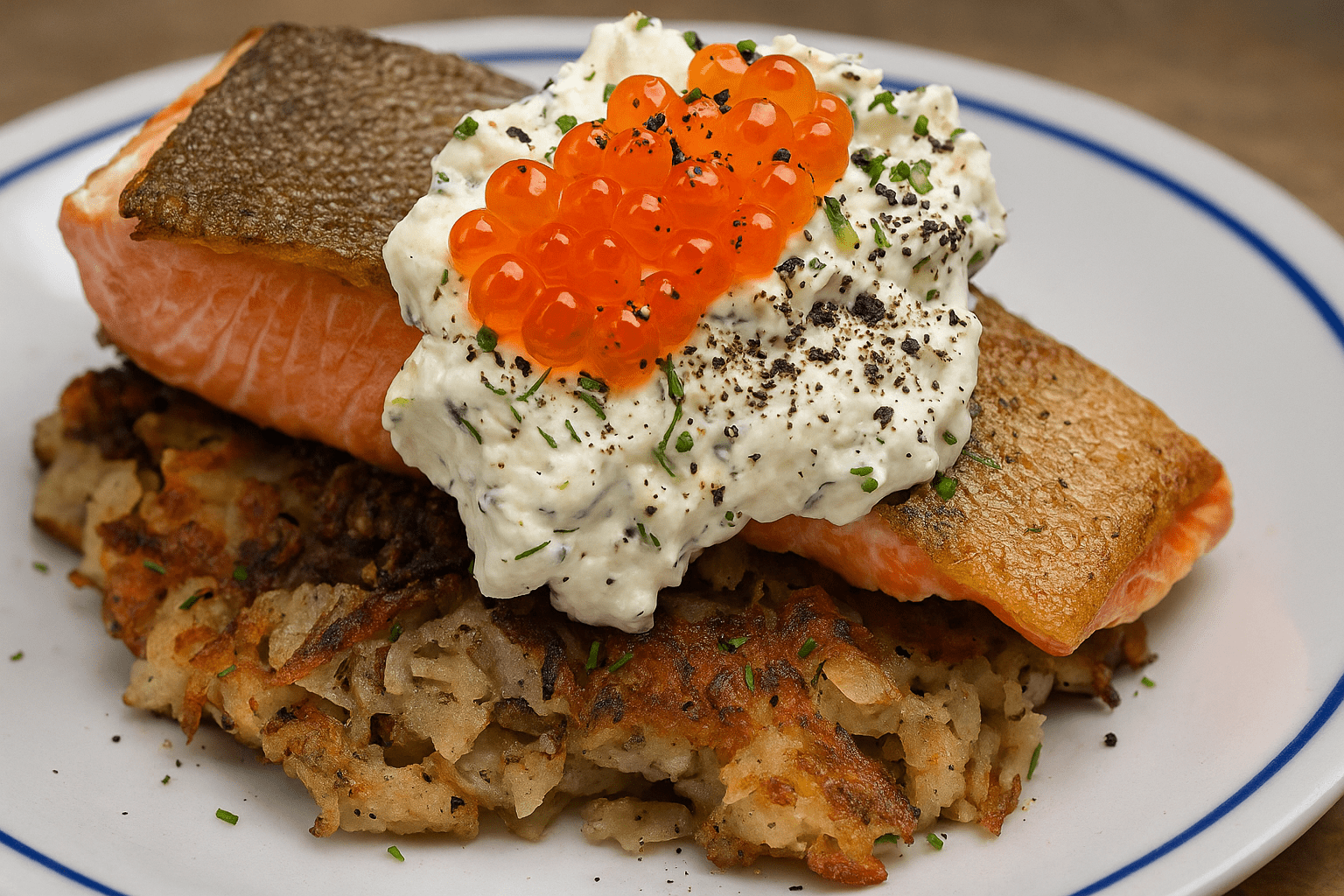
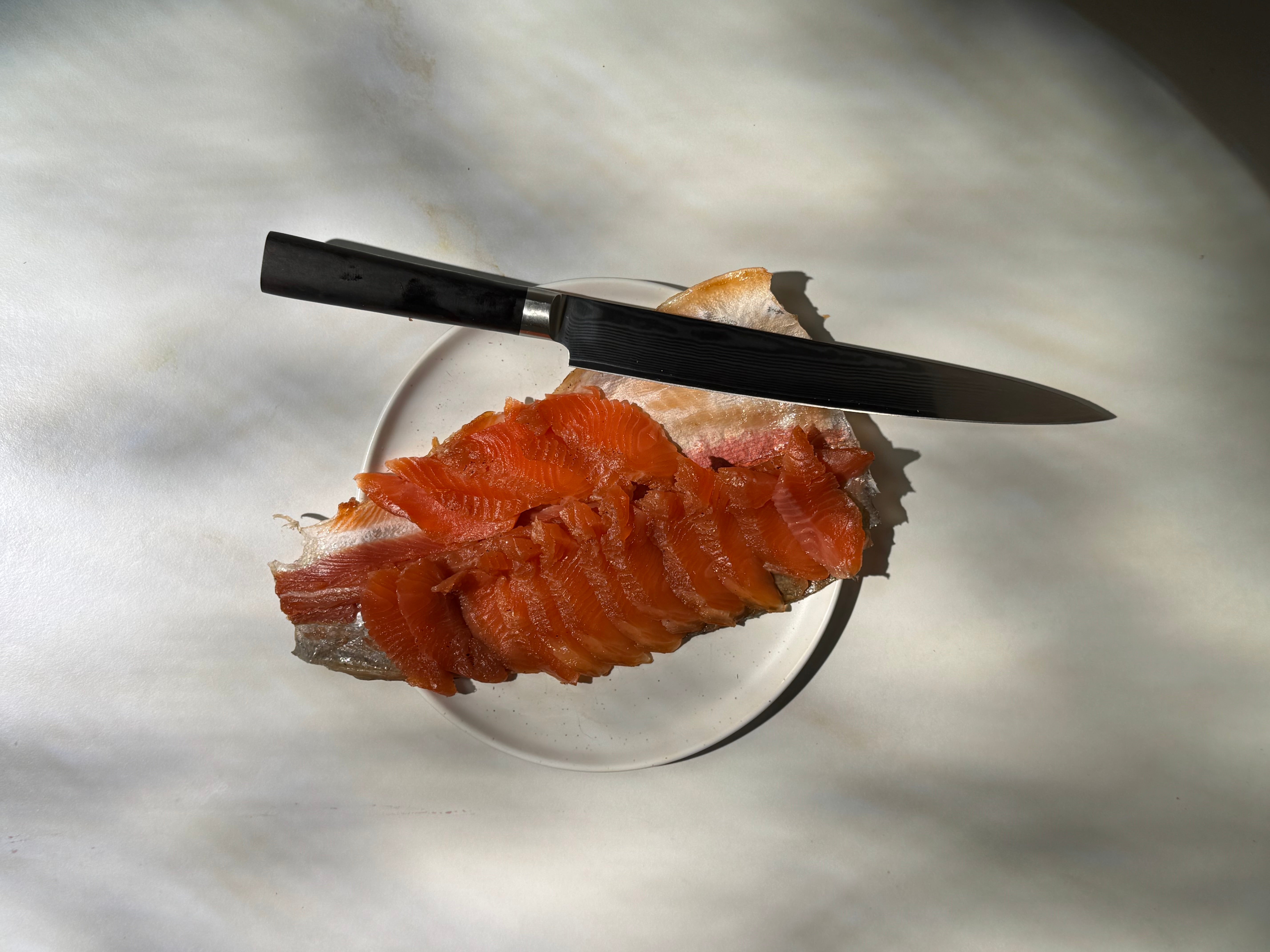
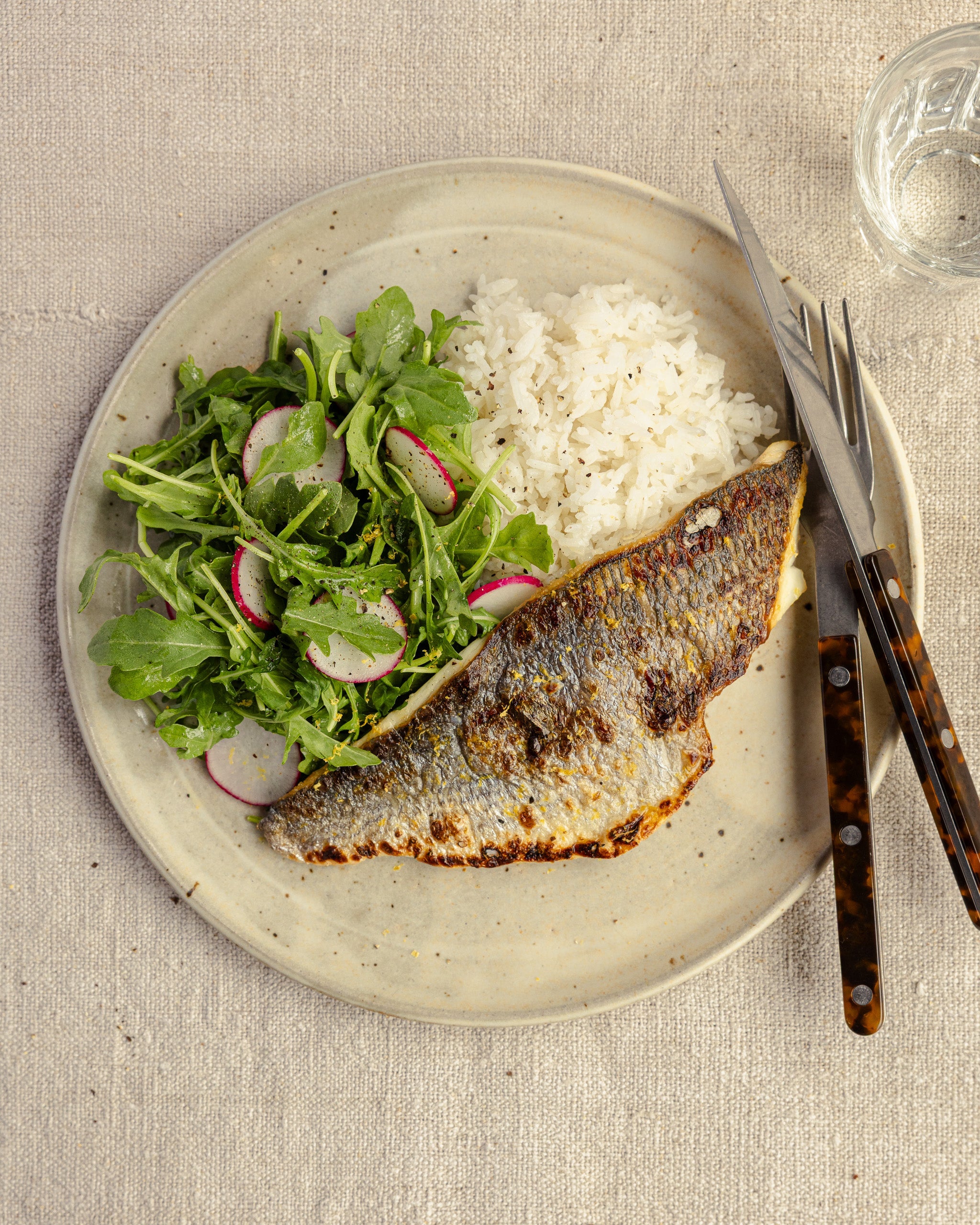

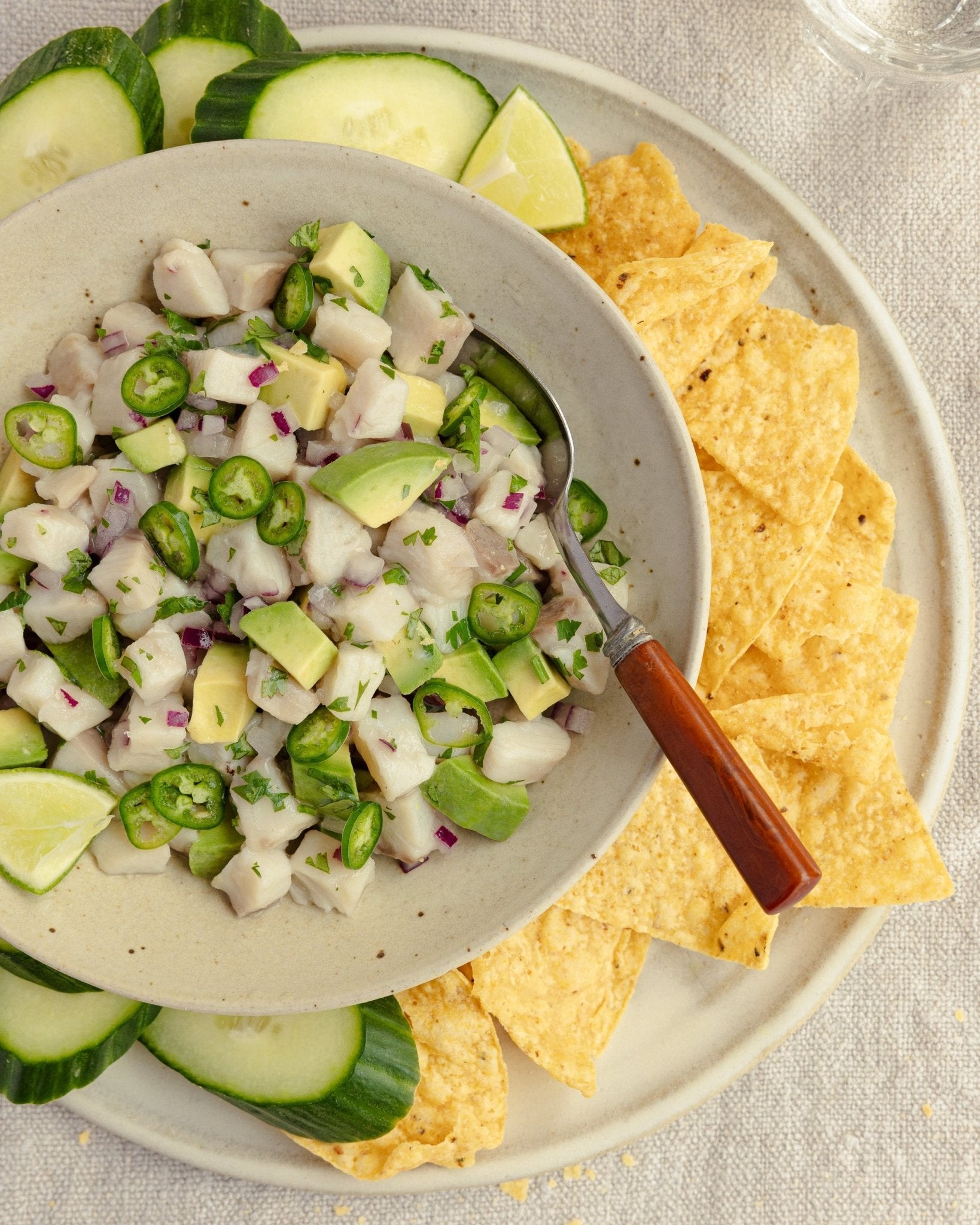
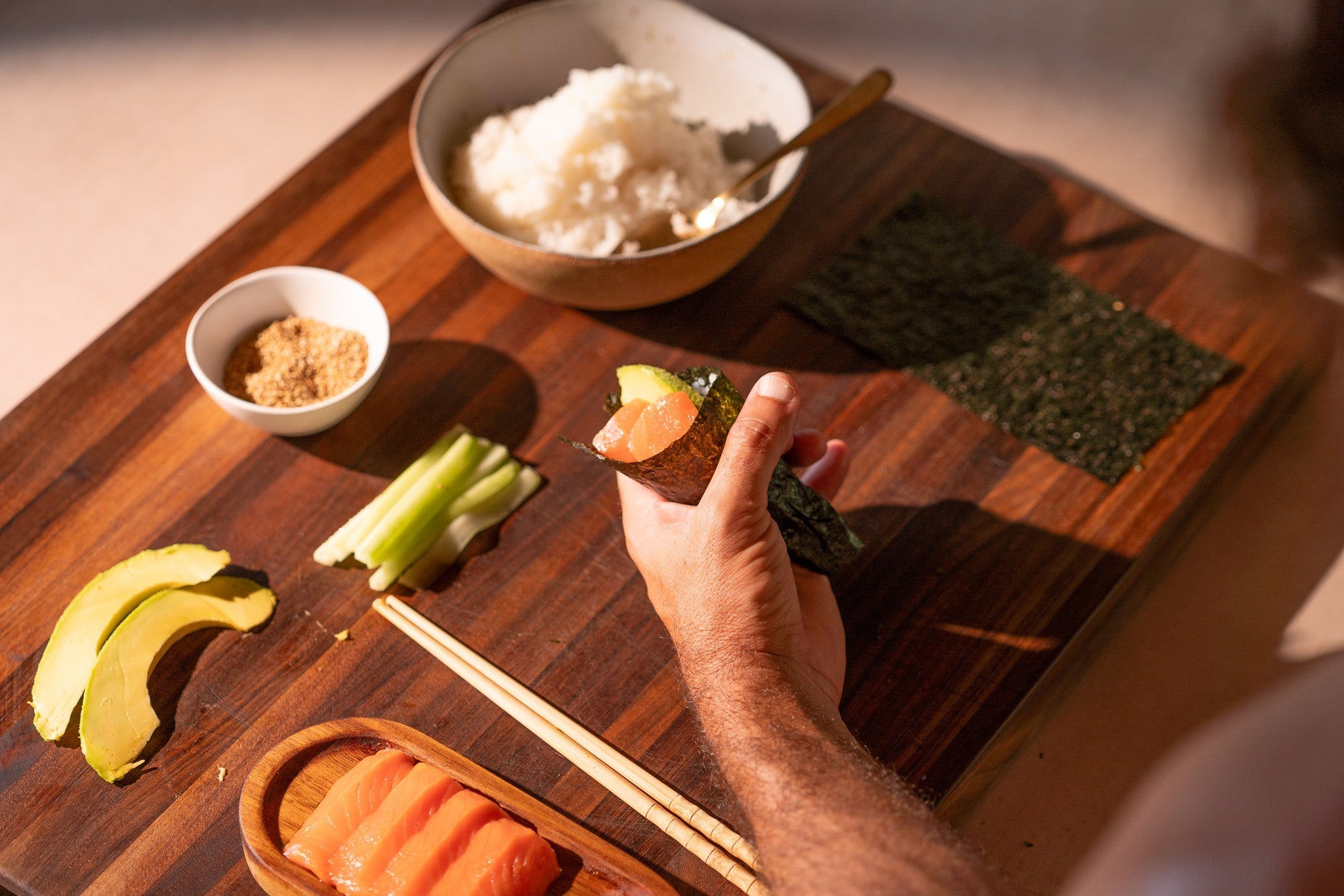
Share:
The Impact of Overfishing on Branzino aka Mediterranean Sea Bass and the Role of Sustainable Aquaculture
Over 75% Of Plastic in Great Pacific Garbage Patch Originates From Commercial Fishing